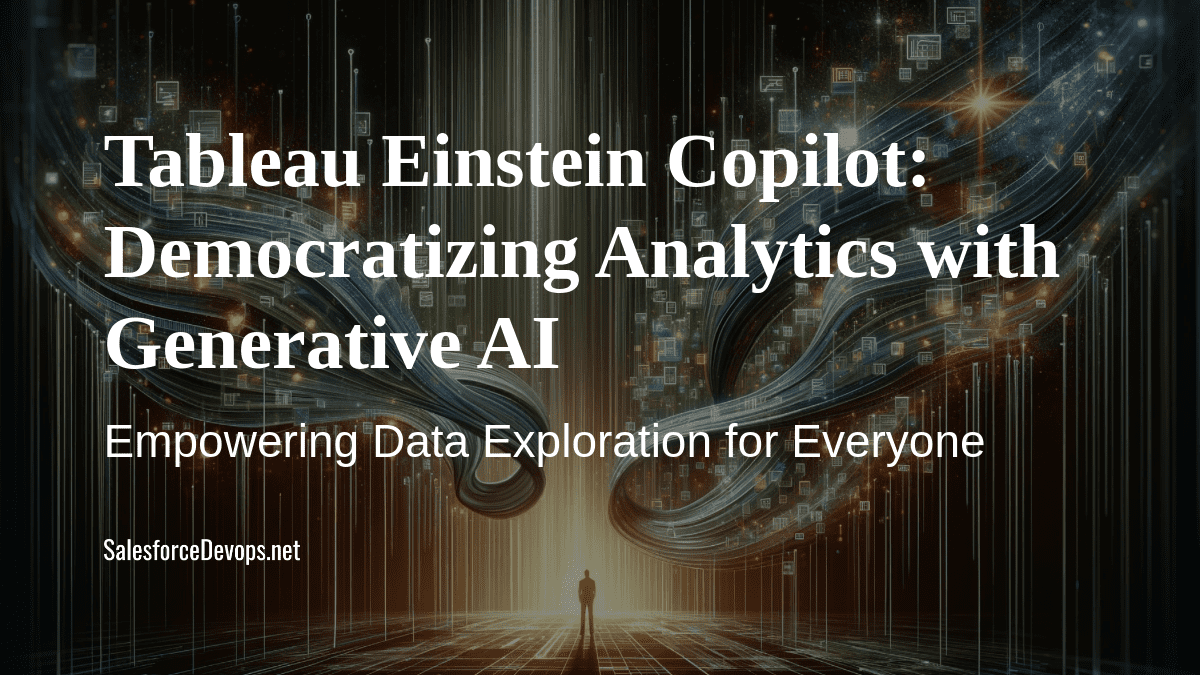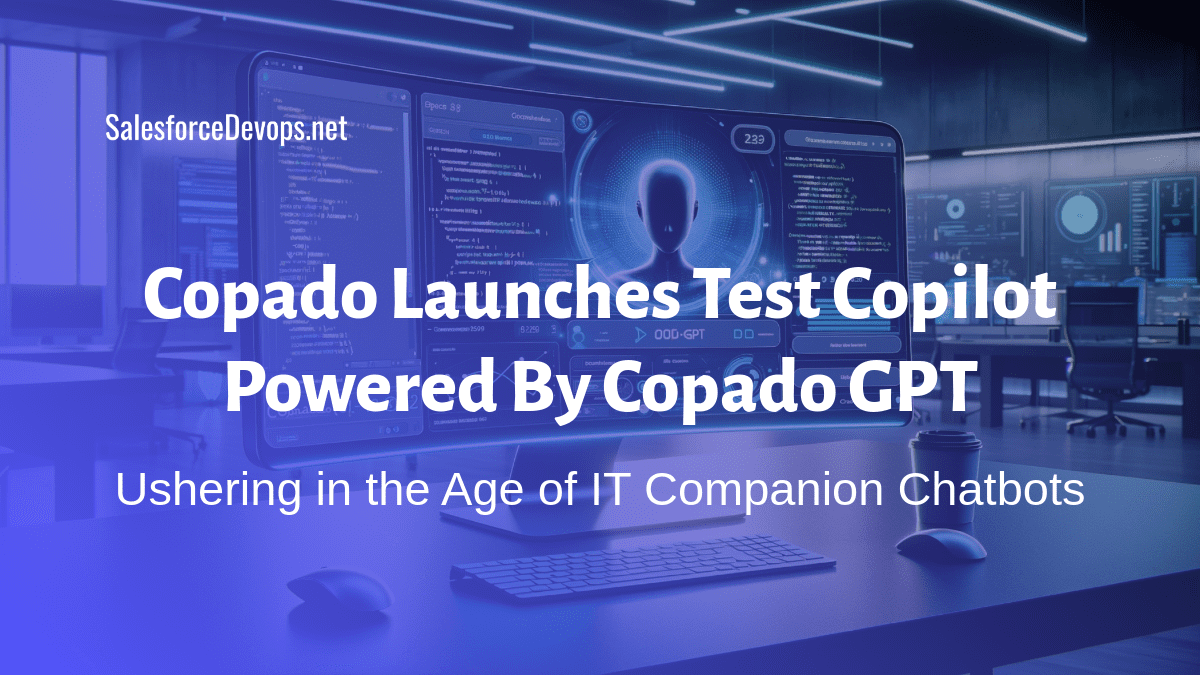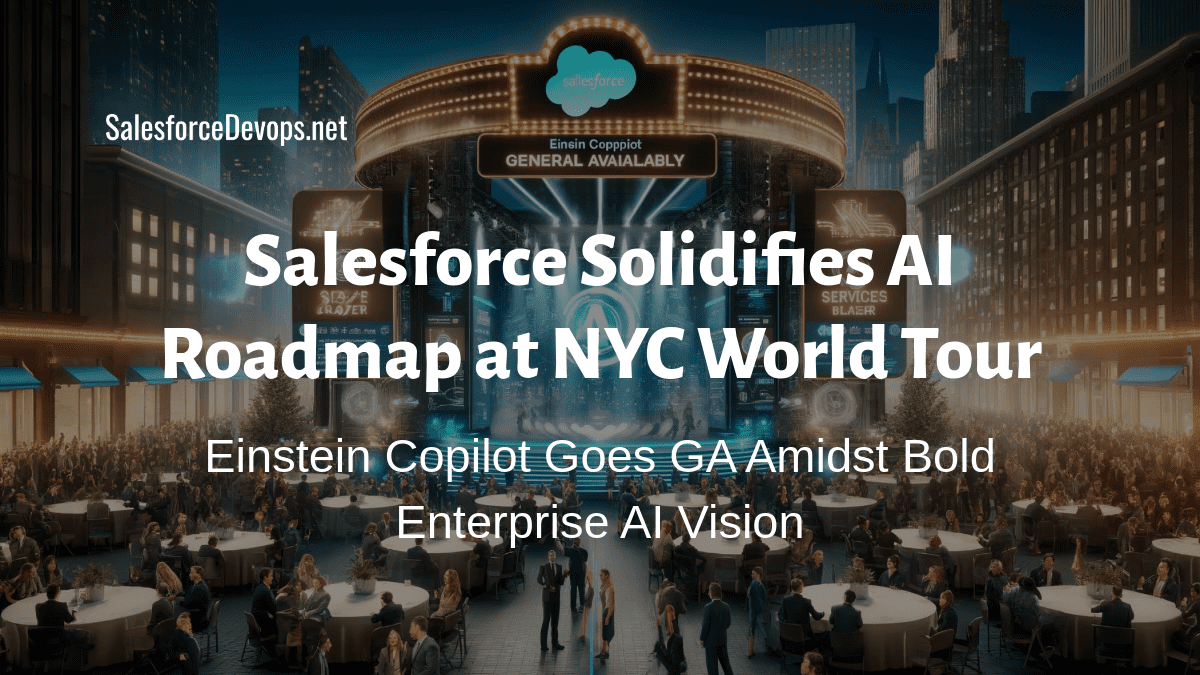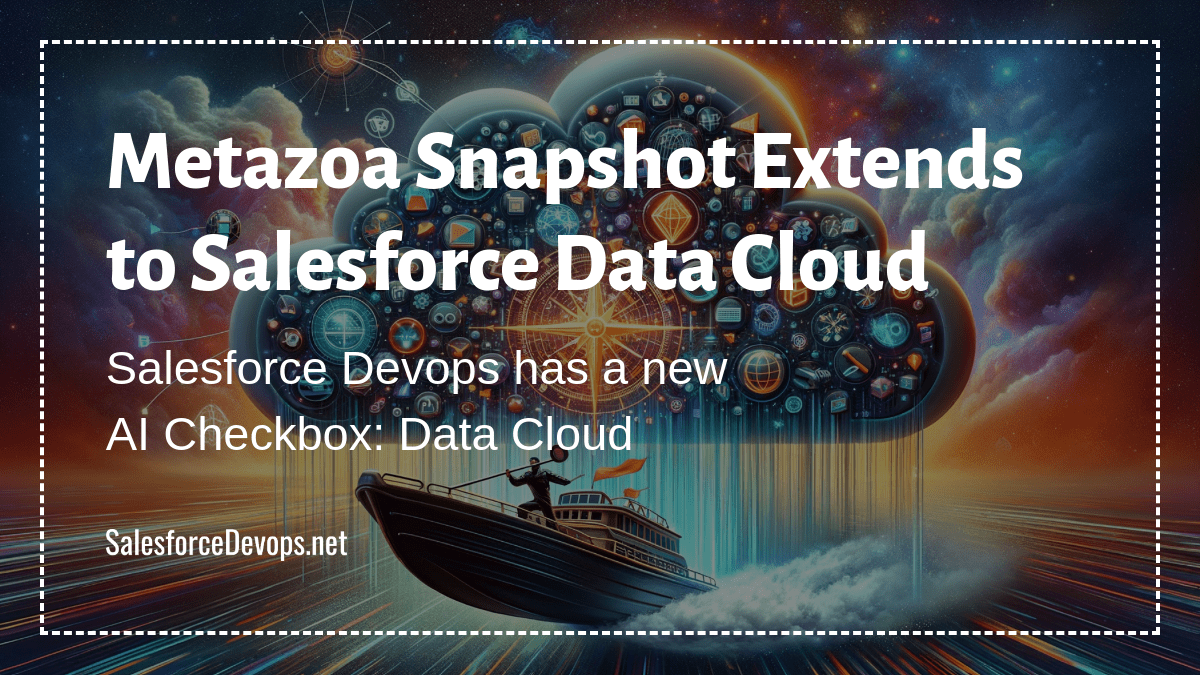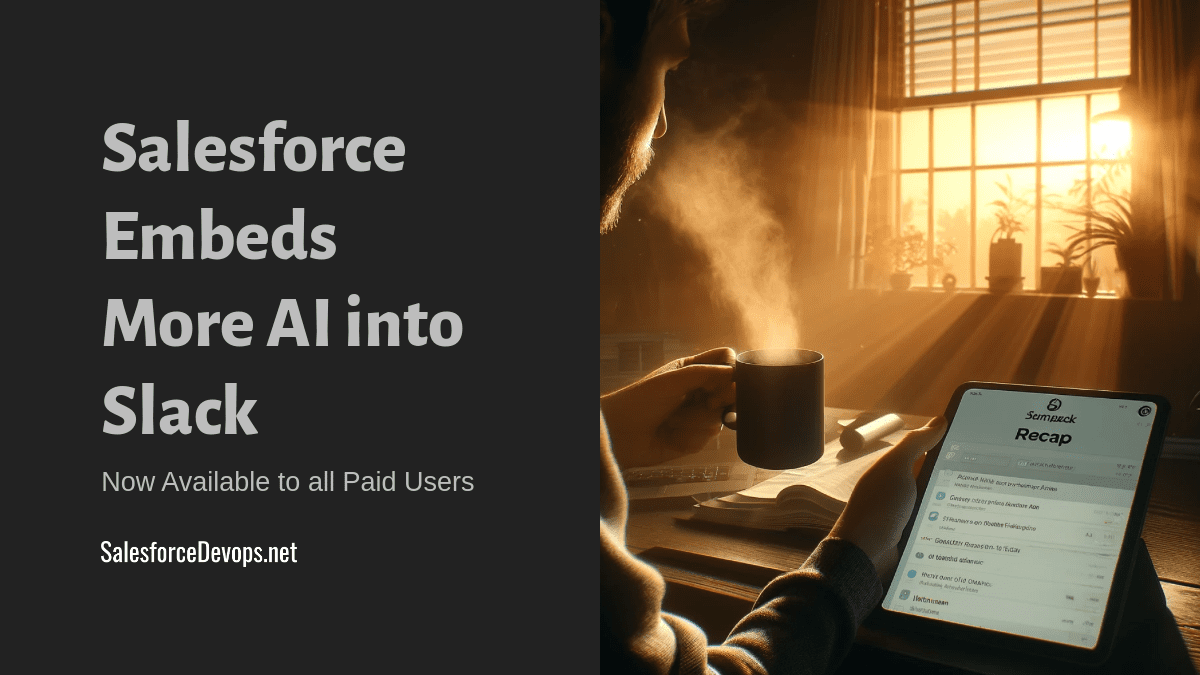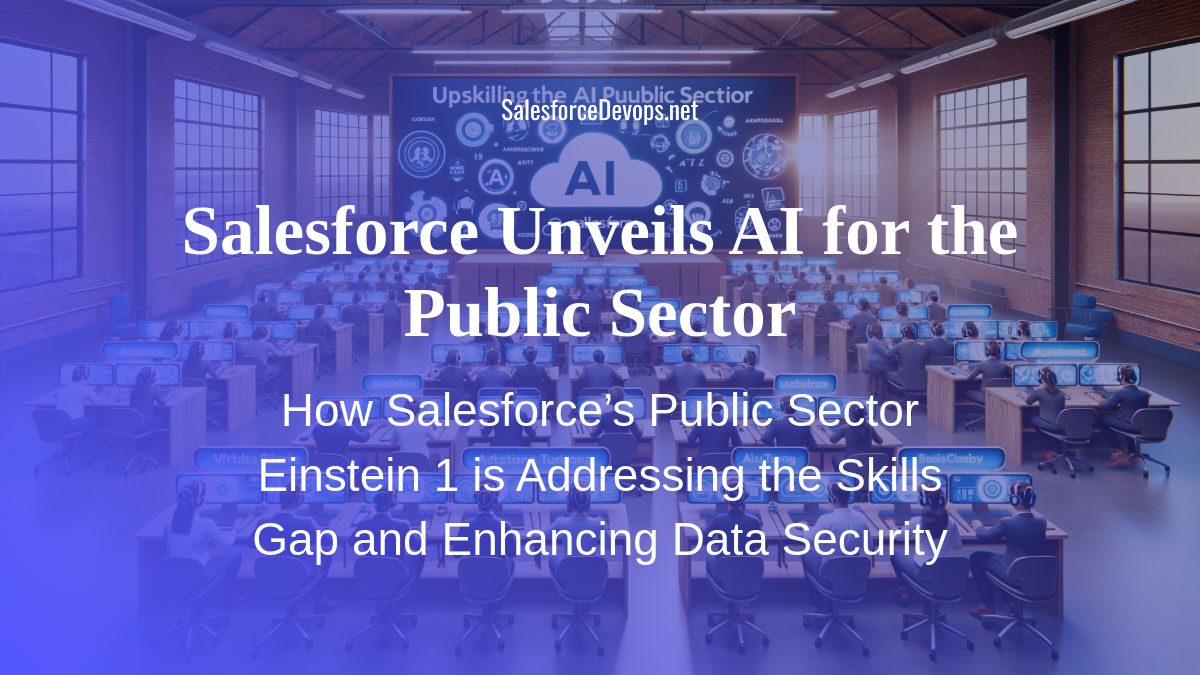Tableau Einstein Copilot: Democratizing Analytics with Generative AI
Tableau, a leading analytics platform, and a division of Salesforce today announced the launch of Einstein Copilot for Tableau, now available in a limited beta program. This generative AI-powered assistant aims to revolutionize how users interact with data and derive insights. By leveraging advanced natural language processing and machine learning capabilities, Einstein Copilot promises to make analytics more accessible and intuitive for users across all roles and skill levels.
“Our goal with Einstein Copilot is to empower every employee, in every function, to develop fundamental data skills and make data-driven decisions,” said Southard Jones, Chief Product Officer at Tableau. “By streamlining the process of understanding data, we’re helping novices become experts and enabling everyone to surface insights more quickly with trusted AI.”
Central to this vision is Tableau’s innovative use of metaprompting, a technique that sets Einstein Copilot apart in delivering accurate, context-aware insights tailored to each organization’s unique data and needs. Einstein Copilot in Tableau is currently available in beta for limited customers, and will be generally available this summer.
Table of contents
The Promise and Challenges of Generative AI in Analytics
Generative AI, particularly large language models (LLMs), has the potential to dramatically expand access to data insights. By enabling users to explore data using natural language queries and conversations, these technologies can lower the barriers to entry for analytics and empower more people to make data-driven decisions. However, generic LLMs also come with significant risks and limitations. Without proper training and customization, these models can generate inaccurate or biased insights, compromise data privacy and security, and fail to capture the nuances of each organization’s specific data and business context.

To truly democratize analytics, generative AI solutions must strike a delicate balance between the power and flexibility of LLMs and the need for trust, transparency, and domain expertise. As Jones emphasized, “Generative AI is incredibly powerful but also very new. We’ve taken a measured approach to ensure that Einstein Copilot delivers value that our customers can immediately use and trust.”
Tableau’s Approach to Generative AI
Einstein Copilot for Tableau is separate from the Einstein Copilot for Sales and Service clouds recently shown at TrailblazerDX 24. But both Salesforce copilots share an underlying LLM and Einstein Trust Layer architecture.

The Tableau version introduces several key features designed to make data exploration more intuitive and insightful. Recommended questions analyze the underlying data and metadata to suggest relevant starting points for investigation. Conversational data exploration allows users to ask follow-up questions and refine their queries in a natural, iterative manner. Guided calculation assists users in constructing complex metrics and KPIs without needing to learn specialized syntax.
Underpinning these capabilities is the Einstein Trust Layer, a comprehensive framework for ensuring data privacy, security, and transparency. “We’ve spent a lot of time ensuring that whatever we send to the LLM doesn’t get retained and that there’s no toxicity or improper responses coming back,” Jones noted. “Users should be able to ask questions in natural language without having to engineer the perfect prompt.”
Tableau has also struck a thoughtful balance between pre-built AI capabilities and customer customization. While Einstein Copilot for Tableau comes with a wealth of built-in data science and analytics best practices, it also provides flexibility for organizations to tailor the experience to their specific needs and use cases.
The Power of Metaprompting
At the heart of Tableau’s approach to generative AI is the concept of metaprompting. In simple terms, metaprompting involves constructing a higher-level prompt that captures the context, constraints, and objectives of a user’s intended analysis. The metaprompt process generates the actual prompt that gets sent to the underlying LLM. This ensures that the resulting insights are accurate, relevant, and aligned with the organization’s goals.

Tableau’s use of metaprompting in their Einstein Copilot offers several key advantages. First, it abstracts away much of the complexity of prompt engineering, making it easier for users to get valuable insights without needing to master the art of crafting the perfect prompt. Second, it allows Tableau to leverage its deep domain expertise in analytics and data science to ensure that prompts are optimized for accuracy and performance. Finally, it provides a framework for customers to customize and extend the prompts to incorporate their organization’s unique context and knowledge.
As Jones explained, “Unless the LLM is intrinsically trained on exactly the data you’re sending it, which it can’t be because it’s customer data inside Tableau, the responses won’t be great. We’ve spent a lot of time upfront on prompt engineering to ensure valuable user experience and accurate responses.”
Market Dynamics and Competitive Landscape
Tableau’s launch of their Einstein Copilot comes at a pivotal moment in the analytics market. As data volumes continue to explode and digital transformation accelerates, organizations are seeking new ways to democratize analytics and empower more users with data-driven insights. Tableau’s vision of “analytics for the masses” aligns closely with this trend, positioning it as a leader in the next wave of analytics innovation.
Einstein Copilot also represents a key point of differentiation for Tableau in an increasingly crowded and competitive market. “Some vendors are taking the approach of ‘you must know the right way to write the prompt’,” Jones observed. “We’re saying no, people should be able to ask questions the way they naturally think, and we should figure out how to get them a valuable response.”
Democratized AI Solutions from Salesforce
The launch of Einstein Copilot highlights the growing importance of metaprompting and other techniques for making generative AI more accurate, accountable, and aligned with business objectives. As Jones reflected, “The promise of composable analytics is to make enterprise intelligence modular and reusable. But it also requires relinquishing some control and trusting in the consistency and transparency of the underlying components.”
Tableau’s Einstein Copilot represents a major step forward in the democratization of analytics through generative AI. By leveraging metaprompting and a strong trust framework, Tableau has created an AI-powered assistant that can deliver accurate, context-aware insights while still maintaining the flexibility and customization that organizations need.
As more customers adopt Einstein Copilot and provide feedback, it will be exciting to see how this technology reshapes analytics adoption and decision making across industries. For data leaders and professionals, now is the time to explore Einstein Copilot and consider how it can help drive better business outcomes through data.
